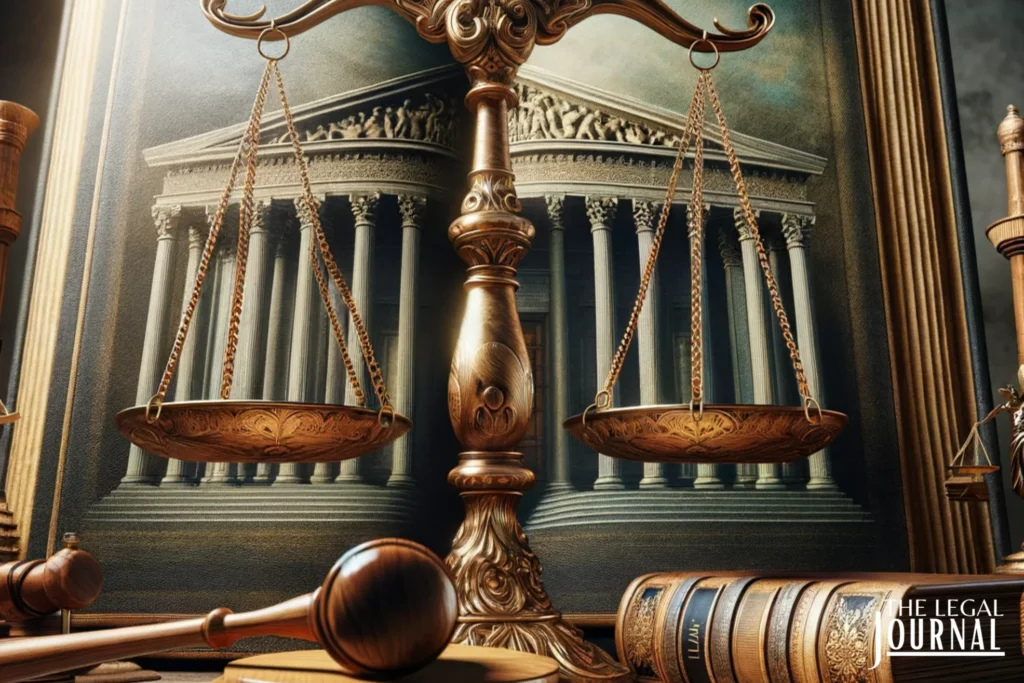Legal Implications of Merging Lyft Sexual Assault Cases
A California state judge has ruled that multiple lawsuits filed against Lyft by individuals alleging sexual assaults by its drivers can potentially be combined into a single case. This ruling marks a significant moment in the legal realm, especially in how mass torts and lawsuits are handled.
Key Points:
- Legal Precedent: The decision to potentially consolidate dozens of lawsuits against Lyft sets a critical precedent in how courts may handle similar cases involving mass allegations against a single entity.
- Victims’ Advocacy: This ruling amplifies the voices of the alleged victims, suggesting a shift towards a more victim-centric approach in the legal system.
- Corporate Accountability: The potential consolidation of these cases could lead to increased scrutiny of corporate practices, highlighting the necessity for companies like Lyft to ensure passenger safety.
- Judicial Efficiency: Combining these cases can lead to more efficient legal proceedings, allowing for a more streamlined approach to addressing multiple claims.
- Public Awareness: This case brings heightened public awareness to issues of safety and accountability in the ride-sharing industry.
A California state judge ruled that several lawsuits accusing Lyft of failing to protect passengers from sexual assault could potentially be combined into one case. This ruling, confirmed on a Tuesday, represents a pivotal moment in legal history, particularly concerning how mass torts and collective legal actions are addressed.
The plaintiffs in these cases, numbering in the dozens, have brought forward allegations ranging from groping to kidnapping to rape, all involving Lyft drivers. According to reports, at least 56 lawsuits involving these sorts of allegations have been filed against the ride-hailing company since August. The allegations have drawn attention to Lyft’s safety measures and background checks for drivers, with claims suggesting that the company’s response to these incidents has been inadequate.
Lyft, on its part, has emphasized its focus on safety, implementing new features such as continuous background checks and an emergency 911 button in the app. Despite these efforts, the legal actions against the company have continued to mount.
The decision to potentially consolidate these cases into a single lawsuit raises several critical legal considerations:
- Victims’ Representation: The consolidation aids in unifying the victims’ voices, allowing for a more robust representation of their collective grievances. This approach could set a precedent for how similar cases are handled in the future, especially in instances where multiple individuals have suffered similar harm under comparable circumstances.
- Corporate Responsibility: This case underscores the importance of corporate responsibility, particularly in industries where customer safety is paramount. The outcome of this lawsuit could have far-reaching implications for how companies like Lyft manage safety protocols and respond to allegations of misconduct.
- Efficiency in Legal Proceedings: By combining these lawsuits, the court aims to streamline the legal process, potentially leading to a more efficient resolution. This approach can benefit all parties involved by reducing the complexity and duration of legal proceedings.
- Impact on the Ride-Sharing Industry: The legal scrutiny faced by Lyft in this case is likely to have a ripple effect across the ride-sharing industry, compelling other companies to reevaluate and bolster their safety measures.
This ruling not only impacts the immediate parties involved but also has broader implications for legal practices, corporate responsibility, and industry standards. As the case progresses, it will be pivotal in shaping the dialogue around safety, accountability, and justice in the context of ride-sharing services.



